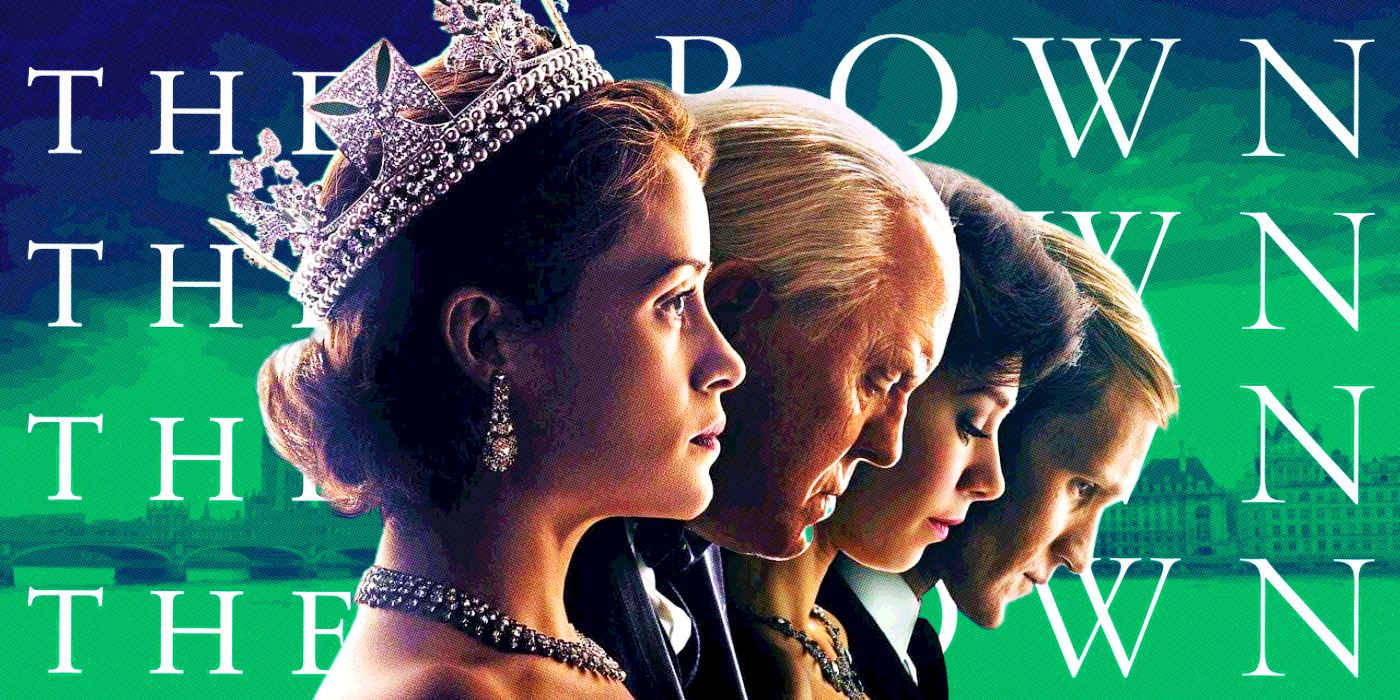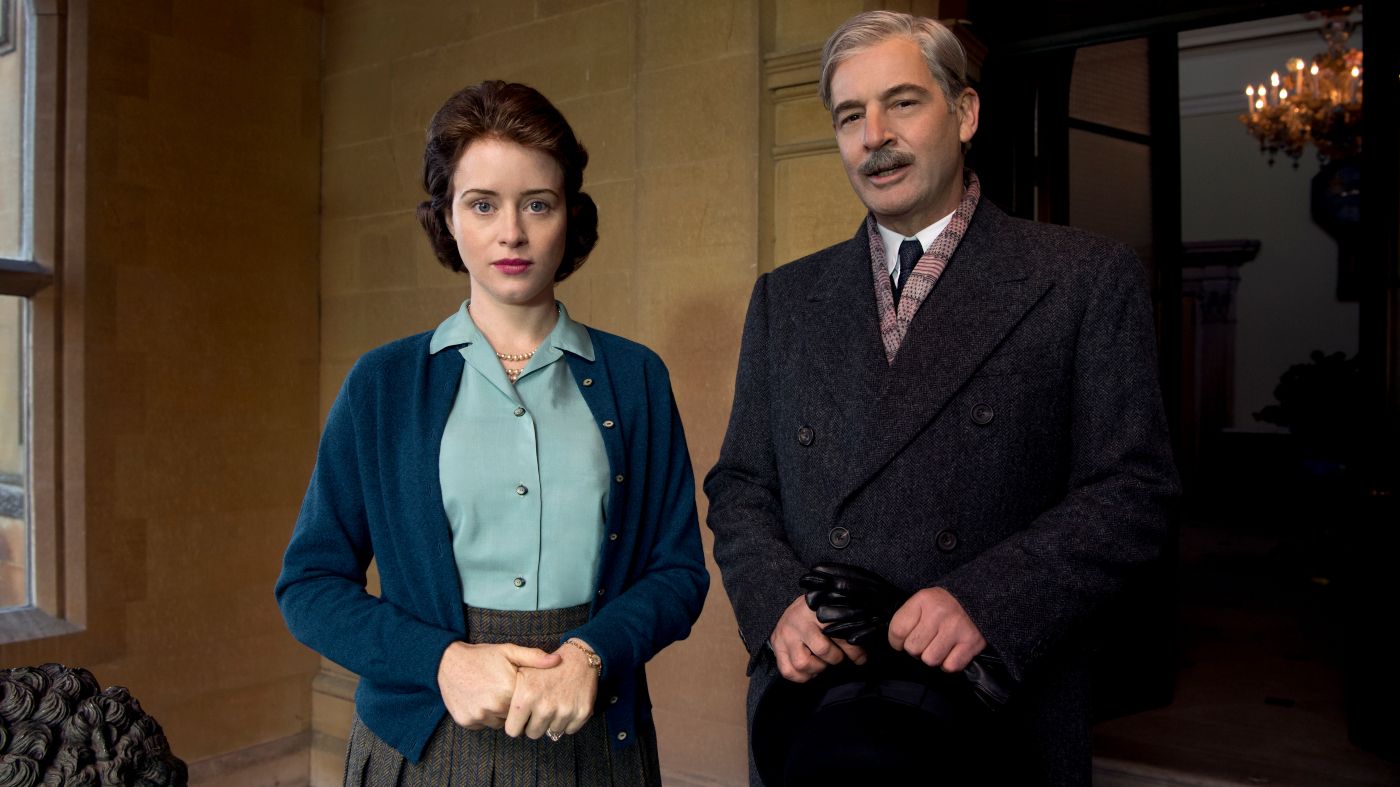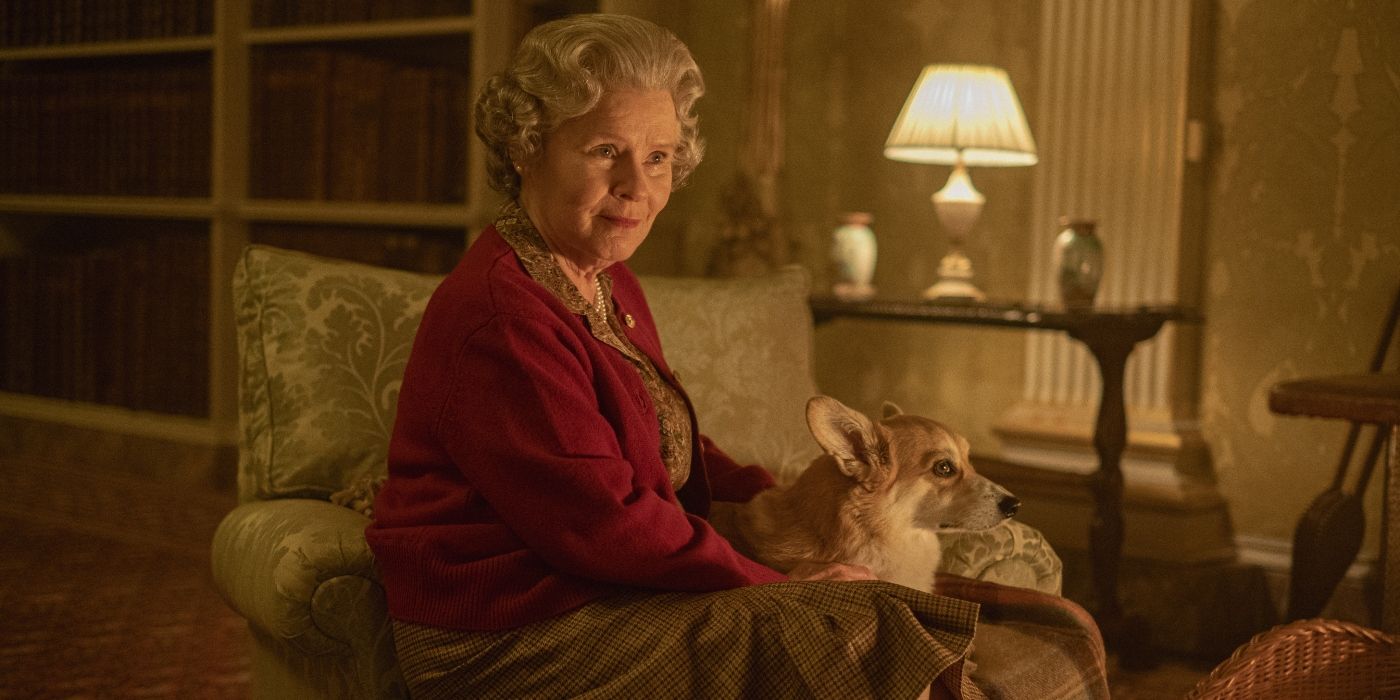The Big Picture
- The Crown differentiated itself by exploring Queen Elizabeth’s perspective on British history, turning it into a coming-of-age story about her growth as a leader.
- The show worked best when Queen Elizabeth was the main character, with supporting characters shown through their specific relationship with her.
- In recent seasons, the focus has shifted away from Queen Elizabeth’s perspective, making her feel like a tourist in her own narrative, and the show has lost its original intention.
Even before her death late last year, Queen Elizabeth II’s influence on world history was unparalleled. As the longstanding monarch of the United Kingdom and the Commonwealth for over 70 years, Elizabeth was present for some of the most significant changes in the history of the nation. Given how much of Elizabeth’s life was spent in the service of her country, telling her story was a nearly impossible task. Although The Crown was able to transform Elizabeth into an engaging protagonist in its first four seasons, it has begun to negate her influence in favor of focusing on her son, Charles, and his first wife, Diana Spencer. The focus on Elizabeth differentiated The Crown from other shows about British history. As the series continues to betray its original intentions in order to focus on other famous figures, it has become clear that The Crown should have ended with its fourth season.
The Crown
Follows the political rivalries and romance of Queen Elizabeth II’s reign and the events that shaped the second half of the 20th century.
‘The Crown’ Shows Elizabeth’s Perspective on History
The Crown differentiated itself from other films and television shows about the British Royal Family because it explored Elizabeth’s perspective on the changing national landscape. Following the end of World War II, Elizabeth adjusts to a nation that is determining whether it will remain a global superpower. After the death of her father, King George VI (Jared Harris), Elizabeth is forced to occupy the most powerful position in the nation before she is ready. This gave The Crown a unique perspective on the events it covered. Although there would be references to other important moments within British history, they were filtered through Elizabeth’s perspective. It turned The Crown into a coming-of-age story about Elizabeth’s growth as a woman and leader.
The early seasons worked well because of Claire Foy’s excellent performance. Foy captured the unimaginable responsibility that Elizabeth was faced with; she didn’t grow up believing she would be Queen, and she certainly didn’t expect to occupy the role at such a young age. Foy shows how Elizabeth comes to understand how significant of a role she is destined to play in history. The world is still reacting to a female monarch, and even her husband Prince Philip (Matt Smith) doesn’t entirely give her the respect that her position commands. The Crown used Elizabeth’s perspective as a gateway to examine the issues of sexism, political infrastructure, and post-war anxiety that Great Britain dealt with throughout the 1950s and 1960s. These earlier seasons had insights that the show began forgetting to include.
‘The Crown’ Works When Elizabeth Is the Main Character
The Crown never forgot its supporting characters, as British history is much grander than just Elizabeth. However, the other figures that appeared in the series were all shown through the specific relationship that they had with her. One of the key points in Elizabeth’s life is when her sister, Princess Margaret’s (Vanessa Kirby), attempts to marry Captain Peter Townsend (Ben Miles). Townsend’s previous marriage makes this a difficult situation given the Royal Family’s hard-lined perspective on divorce. The Crown is empathetic towards Peter and Margaret, reflecting on how unfair it is for them both to give up love for the sake of royal duties. However, Elizabeth’s perspective isn’t any more enviable; she has to make difficult decisions in order to preserve the Royal Family’s integrity.
The Crown’s third and fourth seasons began to focus on an older Elizabeth (Olivia Colman) and how her son, Charles (Josh O’Connor), began to become more influential on the country’s policies. Although the series took its time to show why Charles might make a good leader, he’s shown in direct comparison to his mother. Charles had grown up knowing that he would one day attain the crown; Elizabeth didn’t have the same assumption. Charles wants to radically change the nation’s policies in order to adapt to modern times, but Elizabeth feels that an emphasis on tradition is important. The friction between them gave The Crown a way to examine what the role of the monarchy really is in its best episodes.
Although a young Diana Spencer (Emma Corrin) appears in a limited capacity within the fourth season, The Crown didn’t negate Elizabeth’s point-of-view in order to showcase someone more famous. Although they would eventually be at odds with each other, Elizabeth and Diana actually have a lot more in common than they may have realized. Both Elizabeth and Diana are forced to deal with the pressures of the media as they try to become the most presentable versions of themselves. The fourth season, which ranks as one of The Crown’s best, served as a great way of showing how Elizabeth’s influence is eclipsed by a younger generation.
Elizabeth Plays a Less Important Role After Season 4
The issue with The Crown’s most recent seasons is that the older version of Queen Elizabeth (Imelda Staunton) feels like a tourist within her own narrative. Even though Staunton gives the best performance in the show, the series became less interested in showing Elizabeth’s perspective on historical events. Elizabeth is only granted a brief amount of screentime to react to events like Charles and Dianas’ wedding, divorce, and marital issues. These events are interesting in their own right. However, the show’s intention was never to encapsulate all of British history, as doing so so would be nearly impossible. Without a specific point of view, The Crown was just replicating well-known historical events.
The fourth season of The Crown gave a perfect conclusion to Elizabeth’s journey. As Diana becomes more popular within the Royal Family, Elizabeth realizes that she’s ushered in a new generation of leaders. She made it possible for women to be taken seriously as figures within the monarchy, even if she had less power than she did at the beginning of the series. Season 4 marked the end of her dominance over the nation as “The Crown” itself had begun to become irrelevant, which was radically different from the way that things were at the beginning of the first season. While it’s admirable that The Crown’s creators wanted to keep moving forward, the series would have been better suited to quit while it was ahead.
The Crown is streaming on Netflix.
Denial of responsibility! TechCodex is an automatic aggregator of the all world’s media. In each content, the hyperlink to the primary source is specified. All trademarks belong to their rightful owners, and all materials to their authors. For any complaint, please reach us at – [email protected]. We will take necessary action within 24 hours.
Khushi Patel is a science fiction author who lives in Austin, Texas. She has published three novels, and her work has been praised for its originality and imagination. Khushi is a graduate of Rice University, and she has worked as a software engineer. She is a member of the Science Fiction Writers of America, and her books have been nominated for several awards.




